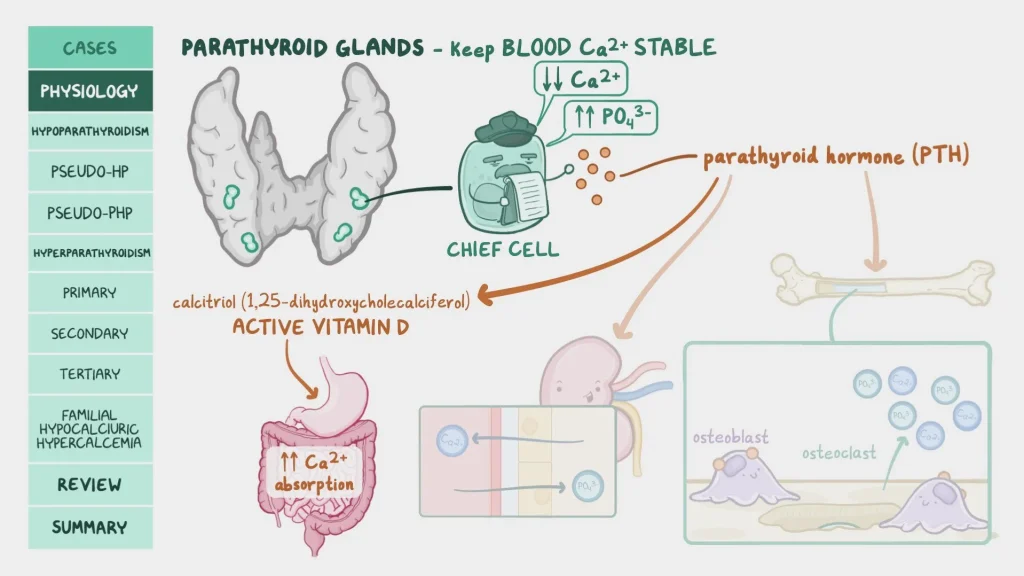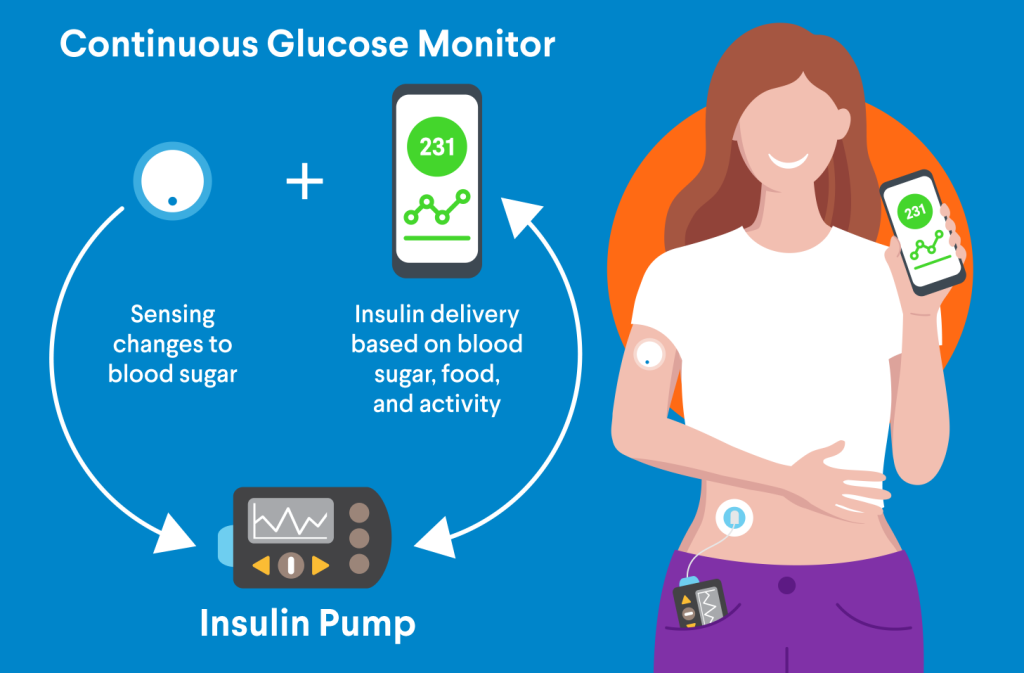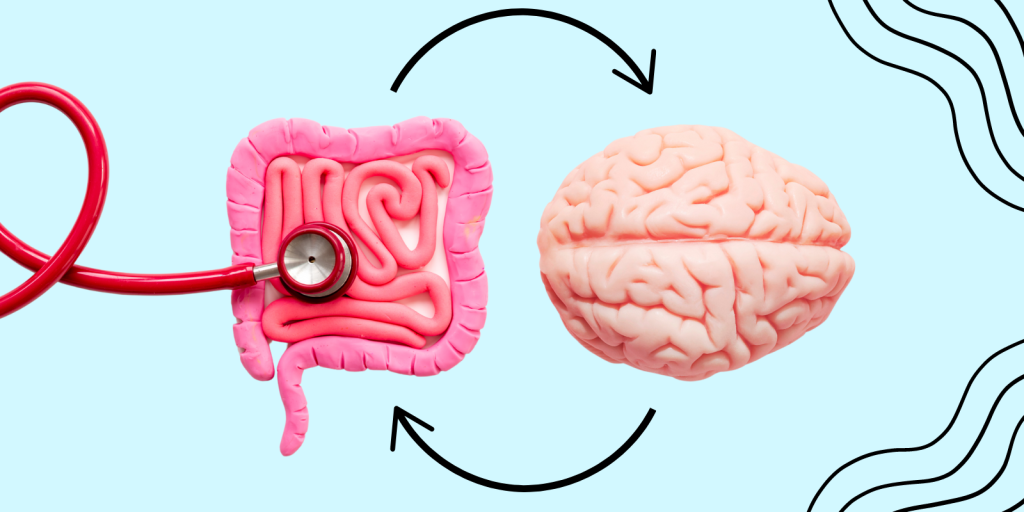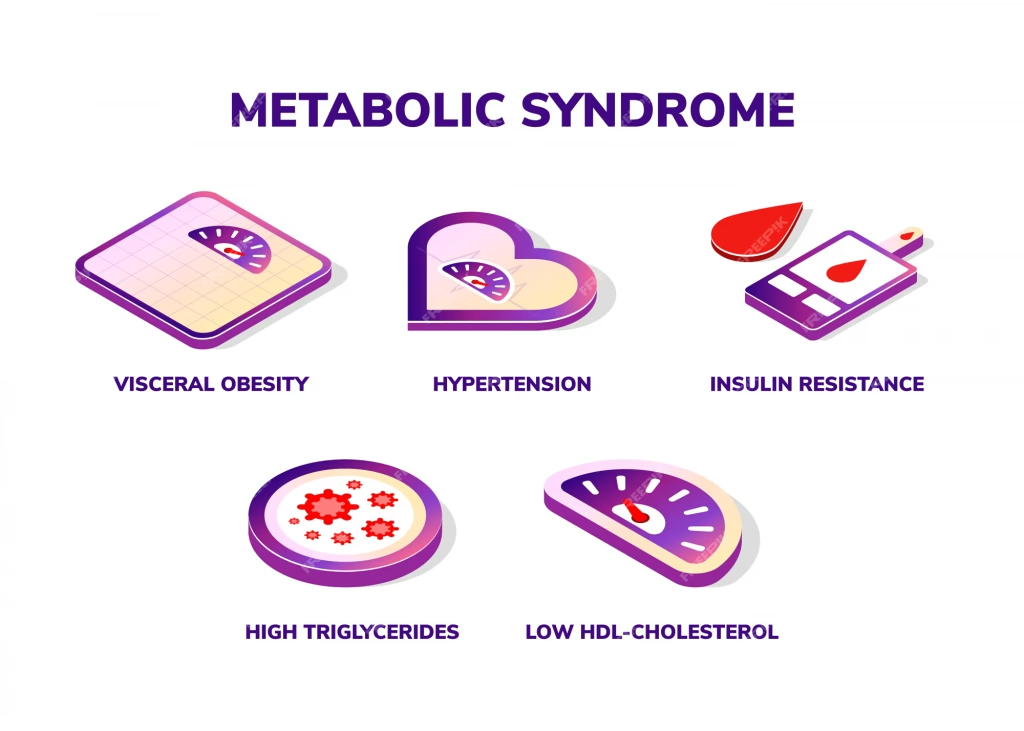Discover the Vital Role of an Endocrinologist in Your Health Journey
Addressing your health concerns can be difficult, but understanding the role of an endocrinologist can ease your path. Endocrinologists specialize in the diagnosis and treatment of hormone-related disorders. They play a crucial role in managing conditions such as diabetes, thyroid disorders and hormonal imbalances. This comprehensive guide examines how these specialists contribute to your overall health.
Why See an Endocrinologist?
Experiencing persistent symptoms such as fatigue, unexplained weight changes or irregular periods may indicate a hormonal imbalance. According to the National Institutes of Health (NIH), these symptoms warrant consultation with an endocrinologist. Early intervention can lead to better management and better health outcomes. Therefore, knowing when to seek specialist care is essential for timely and effective treatment.
What awaits you
during your visit?
Your first visit to an endocrinologist may seem daunting, but preparation can help. Expect a thorough review of your medical history and a physical examination. The American Association of Clinical Endocrinologists (AACE) recommends bringing a detailed list of your symptoms and the medications you are currently taking. This information will help the endocrinologist develop a personalized treatment plan based on your needs.
Innovative Therapies and Technologies in Endocrinology
Endocrinologists use advanced diagnostic tools and treatments to effectively manage hormone-related conditions. For example, continuous glucose monitors and insulin pumps have revolutionized diabetes care by providing more precise control over blood glucose levels. In addition, treatments for thyroid disorders have become more targeted and less invasive. The Journal of Endocrinology highlights the importance of these innovations in improving patient outcomes.
Importance of Regular
Follow-ups
Ongoing care is vital for the management of chronic endocrine disorders. Regular follow-up appointments with your endocrinologist ensure that your treatment plan remains effective and is adjusted as needed. This proactive approach helps prevent complications and protects your health. The American Diabetes Association (ADA) emphasizes the importance of consistent monitoring and communication with your endocrinologist to achieve optimal health outcomes.
Addressing Common Misconceptions about Endocrine Diseases
Misconceptions about endocrine disorders can lead to delayed treatment and unnecessary suffering. It is crucial to dispel myths, such as the belief that weight gain is solely due to lifestyle choices. Hormonal imbalances can significantly affect weight and metabolism. Educating yourself about these conditions empowers you to seek appropriate care from an endocrinologist. The Endocrine Society provides resources to help patients better understand their condition.
Endocrinologist Guided
Diet and Lifestyle
Adaptation
Diet and lifestyle play an important role in the management of endocrine disorders. An endocrinologist can offer you specific advice on diet and exercise to help balance your hormones. For example, certain dietary adjustments can help manage conditions such as polycystic ovary syndrome (PCOS) or hypothyroidism. The Mayo Clinic recommends working closely with your endocrinologist to develop a sustainable plan that supports your overall health.
The Link Between
Endocrine Health
and Mental Well-Being
Hormonal imbalances can affect not only your physical health but also your mental health. Conditions such as hypothyroidism or adrenal insufficiency can lead to symptoms of depression and anxiety. Recognizing this connection is crucial for holistic treatment. The Journal of Clinical Endocrinology & Metabolism highlights the need for integrated care that addresses both physical and mental health aspects.
The Future of Endocrinology: What’s Ahead?
The field of endocrinology is constantly evolving with advances in research and technology. Future treatments may include more personalized medicine approaches, such as gene therapy and precision medicine, which tailor treatments to an individual’s genetic makeup. Staying informed about these developments can help you make proactive health decisions. The Endocrine Society advocates for continued research to improve the understanding and treatment of endocrine disorders.
Empower Yourself through Education and Support
Understanding your condition and staying informed about the latest treatments is very important. Join support groups, attend educational seminars and take advantage of resources from reputable organizations such as the Hormone Health Network. Empowering yourself with knowledge allows you to take an active role in your health management. The American Association of Clinical Endocrinologists (AACE) emphasizes the importance of patient education in achieving long-term health goals.



Contents
Understanding the Basics of Hormone Replacement Therapy
Certain CYP19A1 gene mutations accelerate aromatase activity, increasing estrogen conversion from androgens. Fast metabolizers may experience estrogen dominance despite low HRT doses, leading to endometrial thickening. Pharmacogenetic testing now tailors[…]
Read moreParathyroid disorders and calcium imbalance
Persistent aches in hips or spine may reflect leaching calcium reserves. Parathyroid hormone (PTH) dysregulation weakens bone density over years. Fractures occur with minimal trauma. Delayed healing follows. X-rays show[…]
Read moreEndocrine disruption in children: What parents should know
Your child grows, but something feels off. They sleep longer, but wake up tired. Their appetite shifts. Mood swings come and go. There’s weight gain without reason. Or weight loss[…]
Read moreUnderstanding ınsulin pumps and continuous glucose monitors
You start noticing patterns that never showed up before A single finger prick tells nothing about what happens in between. You miss the rises. You miss the sudden drops. And[…]
Read moreHormones and water retention: What’s going on?
You wake up, glance in the mirror, and something looks different. Not fat, not weight gain. Just swollen. The lines near your eyes seem softer. Your fingers feel tighter. Your[…]
Read moreYour gut and hormones speak more than you know
You wake up foggy. Not just tired. There’s bloating after meals, but also mood swings. Some days, motivation disappears. Your cravings don’t match your hunger. You eat more but feel[…]
Read moreHormone therapy might help when balance fades
Something feels off. You sleep, but don’t rest. Your energy vanishes without reason. Mood shifts show up without warning. There’s no illness, no clear trigger. But the feeling lingers. Your[…]
Read moreMetabolic syndrome means your body is warning you
Sometimes it’s just fatigue. Not the usual kind. A heavier kind. You eat less, yet gain more. There’s no fever, no cold, nothing sharp. Just slow shifts. A belt notch[…]
Read moreHow to naturally support your endocrine health after 50
One morning you feel fine. The next, everything’s different. Not dramatic. But enough to notice. Sleep feels shallow. Digestion slows down. Energy runs out early. Nothing hurts. But nothing feels[…]
Read more









